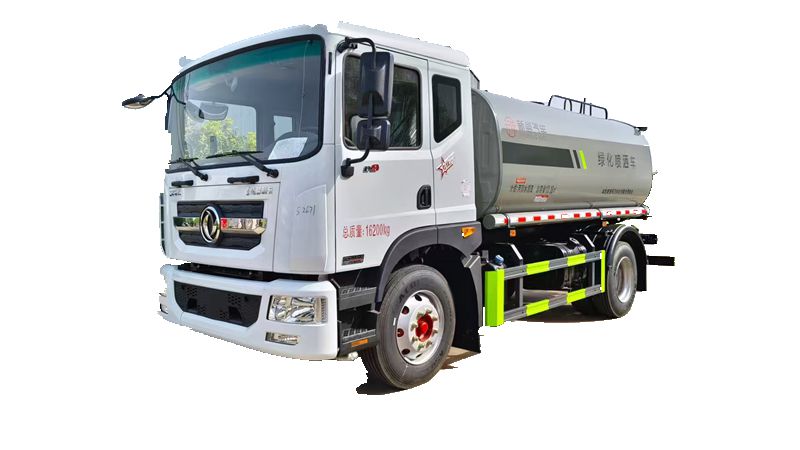Innovative Water Sourcing
Cities and communities are finding creative ways to supply water to sprinkler trucks sustainably. In Amsterdam, the Netherlands, sprinkler trucks are filled with rainwater collected from the roofs of public libraries and government buildings. This harvested water is also used to irrigate urban farms, creating a closed-loop system that reduces reliance on municipal water.
In Dubai, United Arab Emirates, where freshwater is scarce, sprinkler trucks use treated wastewater for non-potable purposes like street cleaning and watering highway medians. The treated water undergoes rigorous testing to ensure it meets safety standards, making it a viable alternative to drinking water.

Community-Driven Sprinkler Programs
Grassroots initiatives are harnessing the power of sprinkler trucks to address local needs. In Detroit, Michigan, a neighborhood organization partnered with the city to use sprinkler trucks to transform vacant lots into community gardens. The trucks prepare the soil by moistening it before planting and later help maintain the gardens during dry spells, fostering green spaces in areas once blighted by abandonment.
In Kenya’s Kibera slum, sprinkler trucks are used to create temporary cooling stations during heatwaves. The trucks park in central areas, and residents gather to fill buckets with water for drinking, bathing, and cooling their homes. “These trucks are more than machines—they’re lifelines,” says a community leader.
Challenges to Overcome
Not all communities have equal access to sprinkler truck benefits. In many parts of sub-Saharan Africa, a lack of funding means that only urban centers have functional sprinkler fleets, leaving rural areas to cope with dust and heat alone. International organizations are working to address this imbalance by providing low-cost, locally made sprinkler attachments that can be fitted to existing trucks.
Another challenge is energy use. In cities with large sprinkler fleets, the fuel consumption of diesel-powered trucks contributes to greenhouse gas emissions. To combat this, cities like Oslo, Norway, are replacing their fleets with electric sprinkler trucks, which now make up 40% of their total.
Future Directions: Smart and Sustainable
Experts predict that future sprinkler trucks will be even more integrated with smart city systems. In Singapore, trials are underway with autonomous sprinkler trucks that navigate using GPS and avoid pedestrians and obstacles. These trucks can operate 24/7, ensuring continuous maintenance without human intervention.
“Sprinkler trucks are evolving from simple tools to intelligent, connected assets,” says an urban planning expert. “Their ability to adapt to local needs—whether cooling a city street or watering a remote farm—will make them increasingly vital in a changing world.”
As climate challenges mount, the humble sprinkler truck is proving to be a versatile and essential ally, contributing to healthier cities, more resilient farms,

